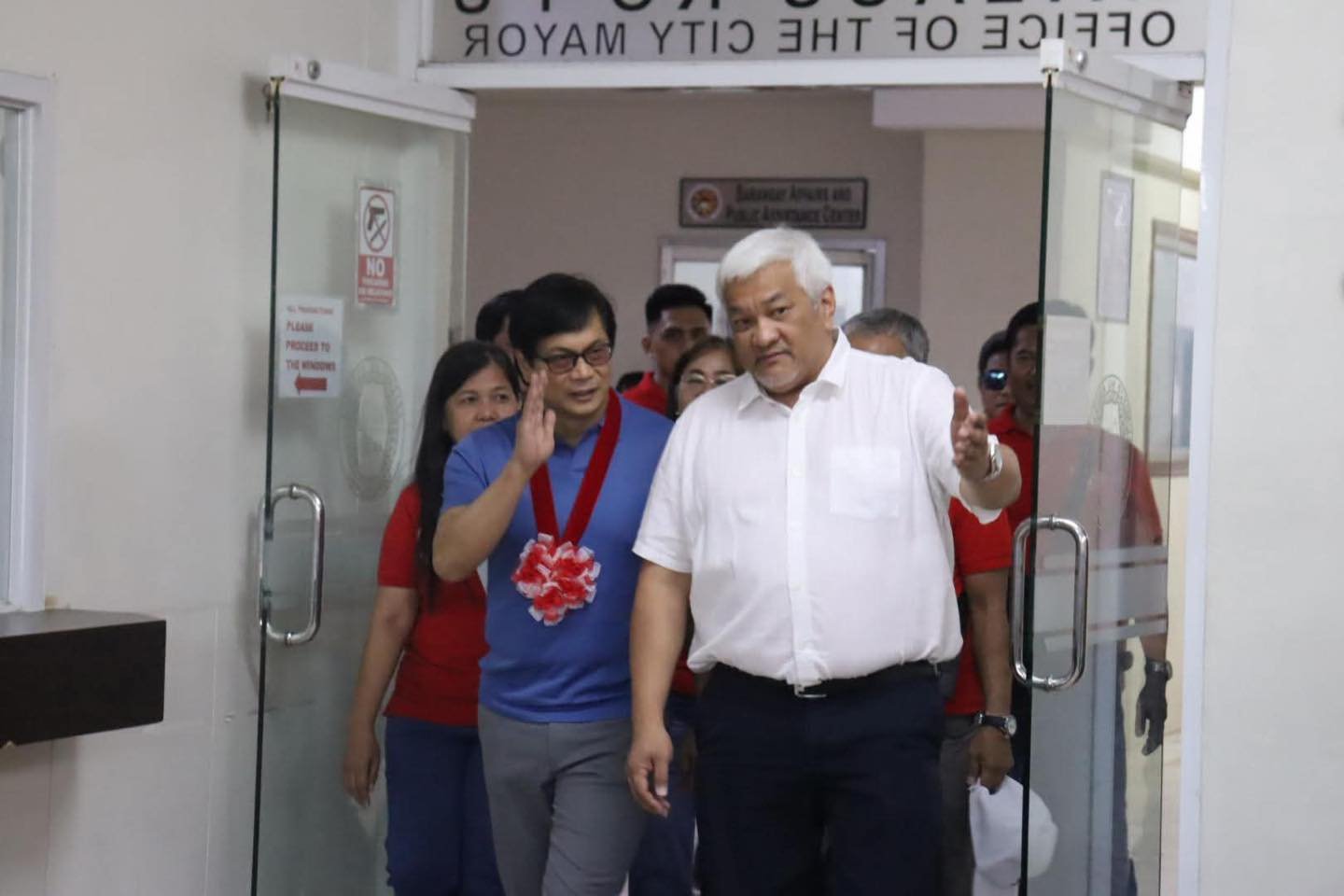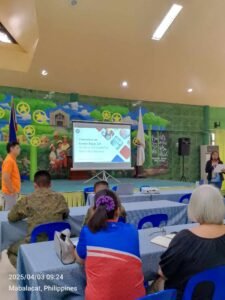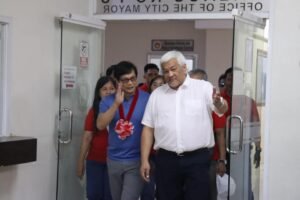Coffee Conversations
By Joann Manabat
The role of the media, the military, and the civil society to safeguard journalists and human rights is crucial in ensuring accountability for a healthy democratic society and economic growth.
That was my takeaway on what was discussed during a dialogue with the Armed Forces of the Philippines organized by the Asian Institute of Journalism and Communication (AIJC) together with International Media Support (IMS) at the Widus Hotel in Clark Freeport on August 25.
I have been a journalist for only three years. I am also an undergraduate of AB Mass Communication. In short, I am a rookie trying to sharpen my modern day pen since 2019. Although I have written lifestyle and feature stories for a local newspaper before, my knowledge on our country’s state of journalism back then was not extensive.
Inching my way in every baby step, I was taught that our work comes with critical thinking and appropriate, honest analysis; that journalists do not just criticize for the sake of being critical. Stakeholders – from the media to civil society – need to understand each other to come up with a collective responsibility in defining a democratic society.
During the dialogue, IMS Regional Advisor for Asia and Programme Manager for the Philippines Roby Alampay mentioned that there are 164 work-related cases of journalist killings recorded by the Center for Media Freedom and Responsibility from 1986 to 2019. Alampay said attacks on the media have been increasing at an alarming rate and the goal, he added, is to decrease the number of killings.
In this modern age of technological advancements and social media, attacks and violence on journalists do not just mean physical anymore. Some threats, if not most, turn out to be digital. Is the fight to defend press freedom subversive? I remember some people told me, although jokingly, that I could be red-tagged while I was writing a series of stories on Hacienda Tinang for Rappler. Is it because of the scope of my report? Perhaps the environment and social circumstances? Or, the media outlet? But how can the voiceless, the farmers and peasants for that matter, be heard if no one will echo their voices, moreso amplify it? Is that what red-tagging means?
On August 30, the country celebrated the first National Press Freedom Day under Republic Act 11699 signed by then President Rodrigo Duterte in honor of Marcelo H. del Pilar, the father of Philippine journalism. Press freedom advocates continue to hold power to account, promoting peaceful and inclusive dialogues among the media, the government, and various sectors. The Philippine Plan of Action on the Safety of Journalists (PPASJ) was developed to safeguard press freedom in the country.
Learning the ins and outs of a journalist, albeit being a daughter to one, has given me an inkling why holding dialogues, sharing insights, and learning new forms of attacks and violence help in understanding further of the roles to uphold media safety, press freedom, and democracy. I know I have so much to learn. Thus, learning I shall keep on one hand as much as my pen to hone on the other.














